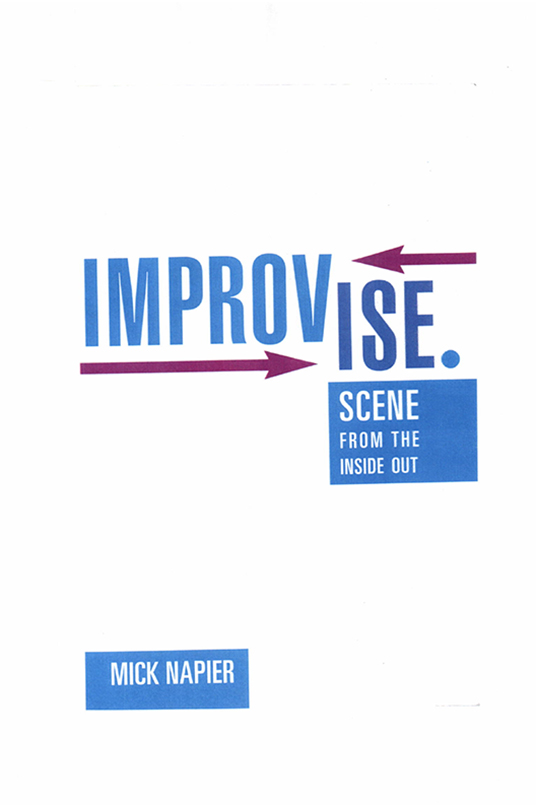If you are into improv you MUST read Improvise: Scene from the Inside Out. It will also be valuable for anyone that wants to be a better actor or performer in general.
I’ve read several improv books and this is by far the most actionable one. Although improv is an art, most artists don’t like to admit that applying a science mindset can sometimes be valuable. Mick Napier does a great job of finding the balance between art and science.
Another valuable component of the book is the “Journal” section where he shares several months or journal pages he did when directing a show at The Second City. This point of view was mindset expanding for me as I’ve never been in a position to “see behind the scenes” of what it takes to direct and produce a show at that level.
Flow: 4/5, easy to read and flows well. At some points, you might want to make some pauses to digest the content.
Actionability: 5/5, the book even shares specific exercises that you can do on your own.
Mindset: 4/5, it’s definitely geared to help performers and improvisers specifically.
Some Of My Highlights:
-
“What I learned was not that you won’t have any doubts, not that you will never be nervous, but that you have to acknowledge that fear and proceed with courage.”
-
“Improv requires at least one of three things: a free spirit, a brave heart, or a quick mind.”
-
“The grand irony is that the times I’ve felt most supported in an improv scene in when my partner took care of herself first.”
-
“It catches them off-guard and tells them that this isn’t going to be one of those scenes where we ease into it and think through it.”
-
“Too many improvisers don’t say something at the top of a scene not out of choice, but out of fear.”
-
“And most of the time is not what you say anyway, it’s how you say it.”
-
“An object at the top can be a wonderful tool, or a horrible safety, depending on how you use it in your initiation.”
-
“…you have to become as proficient at letting it go if your partner initiates the scene and it doesn’t quite fit into the contextual scheme of the line in your head.”
-
“How people do something in improvisation is most of the reason people laugh at improvisation.”
-
“Be possessed with what you created and how you are doing it.”
-
“Instead of changing your entire character and its point of view, create something else in the scene the character can react through.”
-
“No, the most supportive thing you can do is get over your pasty self and selfishly make a strong choice in the scene.”
-
“Like it or not, improvisation is choices made by individuals, and individuals need to know what to do.”
